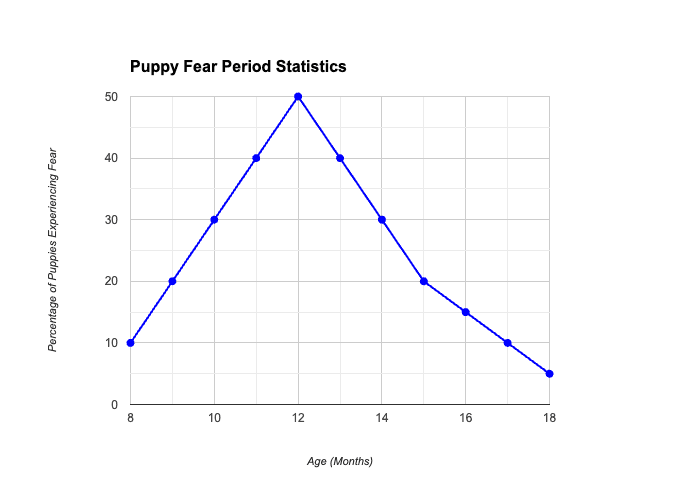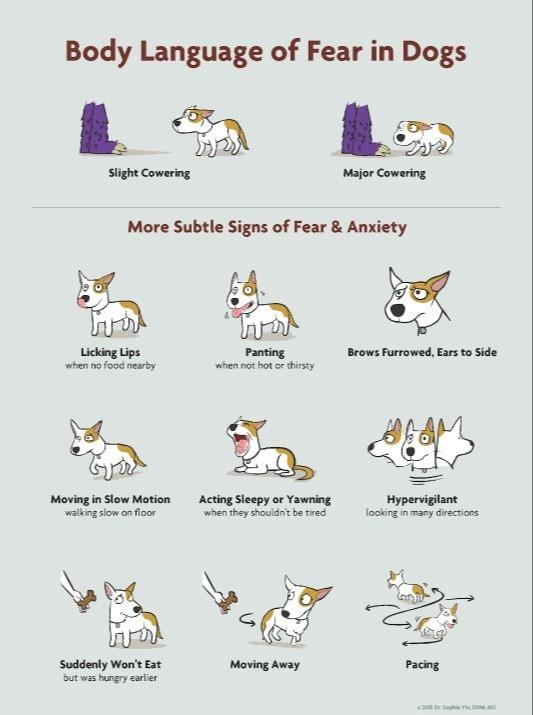Has your normally playful pup started acting weird? Maybe they seem jumpy, hide often, or are suddenly scared of familiar things. Don't worry—this is likely a normal stage called a puppy fear period. Let's understand why fear periods happen and what you can do to guide your pup through them.
What are puppy fear periods and why do they happen?
Puppy fear periods are natural phases in a young dog's development. Their brains are rapidly changing, and they're figuring out what's safe and what might be cause for concern. It's a healthy process, even if it makes your puppy suddenly scared of things they previously loved.
Timeline of Puppy Fear Periods
Most puppies experience at least one major fear period, often more:
8-10 Weeks: Right around the time puppies come home with their new families.
4-6 Months: Overlaps with teething and other puppy challenges.
Around 9 Months: Adolescence brings hormonal changes and possible behavioral shifts.
14-18 Months: Fearful behavior may resurface again during late adolescence.

Signs Your Puppy is Going Through a Fear Period
Acting unusually scared of people, other dogs, or objects.
Startling easily at everyday noises or changes.
Cowering, barking, tucking their tail, or even urinating out of fear.
Avoiding things they used to enjoy (like walks or a certain room).

How to Help Your Puppy Through a Fear Period
These periods usually last 2-3 weeks. It's crucial to be patient and supportive:
Stay Positive: Use lots of treats and praise for calm behavior.
Don't Punish: Negative reinforcement could make fear worse long-term.
Go Slowly: Reintroduce scary things gradually in a fun, low-pressure way.
Seek Help: If your puppy's fear seems extreme, consult a vet or trainer.
Puppy Socialization: The Key to Preventing Extreme Fear
Socializing your puppy during their key window (3-12 weeks) is essential. Introduce them to new people, pets, and experiences in a controlled way. This helps build their confidence and reduces their fear reactions later.
Help for Sudden Fear and Weird Behavior
If your puppy is acting weird or their fear seems out of the ordinary, consider:
Vet Checkup: Rule out any health issues that might cause behavioral changes.
Trainer Consultation: For guidance if puppy fear periods last longer than usual or are hard to manage.
Protect Your Pup's Future with Pet Insurance
Spot Pet Insurance partners with you to protect your pup's health and your financial well-being. Our plans are flexible, letting you choose the coverage options that make sense for your family and budget. Say goodbye to per-incident and lifetime caps; we're in this together for the long haul. Spot covers accidents and illnesses, and preventative care options put routine vet visits right within reach. Get a free quote today and start protecting your furry friend with Spot!
Remember, fear periods are normal. With patience and understanding, you'll help your pup build confidence and thrive!

With 15 years as a dog and cat parent, my pet articles are a mix of humor and firsthand experience - proof that the best stories often come with paws and purrs.











